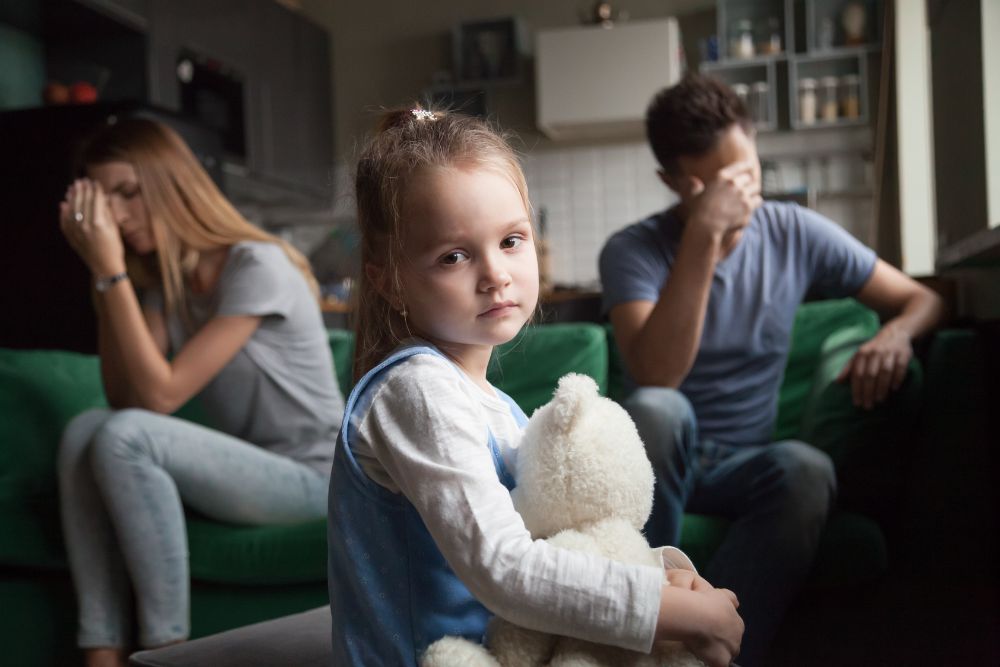1. introduction to family harmony
- Understanding common causes of parent-child conflicts
- The impact of fights on relationships and well-being
- Icebreaker: Share a recent fight and how it felt
2. recognizing triggers and patterns
- Identifying what sparks arguments
- Emotional vs. behavioral triggers
- Activity: Trigger journal — track moments of conflict
3. effective communication basics
- Listening actively and speaking calmly
- Using “I” statements instead of blaming
- Role-play: Practice calm conversations
4. emotional awareness and regulation
- Helping parents and kids name their feelings
- Techniques for calming down in the moment
- Breathing exercises and mindful pauses
5. setting clear and consistent boundaries
- Importance of rules and consequences
- Collaboratively creating family agreements
- Activity: Family rule chart creation
6. positive reinforcement and encouragement
- Focusing on good behavior to reduce fights
- Praise, rewards, and affirmations that work
- Game: “Catch each other being kind”
7. conflict resolution skills
- Steps to resolve disagreements peacefully
- Teaching negotiation and compromise
- Practice: Role-play resolving a disagreement
8. building empathy and understanding
- Seeing situations from each other’s perspectives
- Empathy exercises for parents and kids
- Activity: “Walk in my shoes” discussion
9. managing stress and frustration
- Recognizing stress signals in parents and kids
- Strategies to reduce household tension
- Guided relaxation session
10. creating quality connection time
- Importance of positive interactions
- Ideas for fun, meaningful family activities
- Plan: Schedule regular family bonding time
11. problem-solving together
- Collaborating on solutions for ongoing issues
- Encouraging teamwork and responsibility
- Group activity: Family problem-solving brainstorm
12. maintaining peace long-term
- Creating a family culture of respect and kindness
- Review and reinforce workshop tools
- Celebration: Family peace pact and certificates


